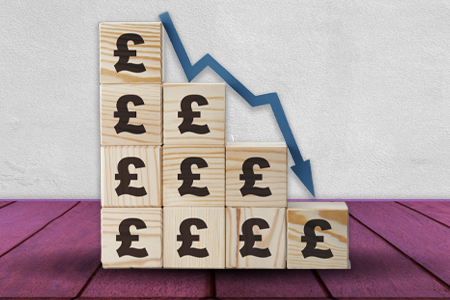
ebi hits £2 billion AUM!
We’re delighted to hit this milestone, having doubled our AUM in just over 2.5 years, making ebi one of the fastest growing DFMs in the country!

We’re delighted to hit this milestone, having doubled our AUM in just over 2.5 years, making ebi one of the fastest growing DFMs in the country!

The Case for a Total Return Approach for Income-Seeking Investors

Unlocking sustainable success: Becoming a certified B Corp

Unfortunately, global biodiversity is experiencing a rapid decline. The World Wildlife Fund’s “2022 Living Planet Report” reported an average 69% fall in global populations of mammals, fish, birds, reptiles, and amphibians since 1970. While the 2019 Global Assessment Report by the Intergovernmental Platform on Biodiversity and Ecosystem Services found that 1 million animal and plant species are now threatened with extinction, the highest number in human history, with many species expected to go extinct within decades. Read our blog to to find out more.

Inflation is one of the most detrimental forces facing investors as it erodes the real returns of your investment. Inflation linked bonds can be used to eliminate the risk of inflation, however recent performance in bond markets, coupled with interest and inflation rate expectations, have led to investors questioning their added benefit within a portfolio.

As the world moves towards net zero carbon emissions and renewable energy sources, liquefied natural gas (LNG) may be the ‘clean’ fossil fuel that’s best placed to help us transition to a carbon-free future.

My latest blog discusses the market implications of a falling Pound Sterling relative to the US Dollar and how this affects UK-based investors. Both the benefits and drawbacks of this particular exchange rate movement are discussed as well as the effect it has on equity and fixed-income markets. This piece also highlights ebi’s stance on hedging currency risk.

My latest blog discusses the market implications of a falling Pound Sterling relative to the US Dollar and how this affects UK-based investors. Both the benefits and drawbacks of this particular exchange rate movement are discussed as well as the effect it has on equity and fixed-income markets. This piece also highlights ebi’s stance on hedging currency risk.